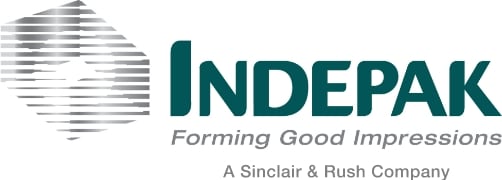A chemical known as BPA has instigated quite a bit of conversation. Many people are worried about this substance, particularly about it being used in products such as plastic water bottles and baby bottles. Here is a look at BPA, what it actually is and the potential dangers of this substance.
BPA is the abbreviation for Bisphenol A, which is a synthetic compound that has been in use since the late 1950s. The compound was discovered as early at 1891 by a Russian chemist, and it eventually became used to help harden certain types of plastic and also was used to make epoxy resin. This resin often was used in the lining of food containers and also beverage containers.
In the 1990s, a few studies began to show that there might be some level of danger if the chemical leached into food or drinks. According to a few small studies, children and infants seemed to be in the highest risk group as baby bottles and children’s cups often were made with thermoplastic that contained BPA. However, the EPA as well as the Food Standards Agency of the United Kingdom both have stated that BPA poses no health risks. The EPA states that their “current perspective is that BPA is safe at the current levels occurring in foods.”
Still, people tend to remain concerned about BPA, but it’s quite easy to find plastic packaging and products that are BPA-free. It might interest you to note that there are many types of thermoplastics and very few of them actually contain BPA.
Take a look at any plastic container or bottle and you will see a resin identification code inside a triangle. We typically think of these as recycling codes, letting us know which items can be placed in our recycling bins. However, they also tell us what type of plastic is used to make a product.
Most thermoplastics don’t contain BPA, and those listed with a number 1, 2, 4 and 5 do not contain BPA. If a plastic features the codes 3, 6 or 7, these items may or may not contain BPA. If you have a concern about BPA, simply use plastic containers, bottles and other items with a 1, 2, 4 or 5 listed on them or products that are listed as BPA-free.
At Indepak, we offer our clients a wide variety of custom packaging solutions. We are a thermoforming company that can create virtually any type of thermoform packaging you might need, including BPA-free packaging and even thermoform packaging created using post-consumer grade materials. Whether you need blister packaging, clamshell packaging, thermoform trays or another type of custom product packaging, Indepak can help you every step along the way.





